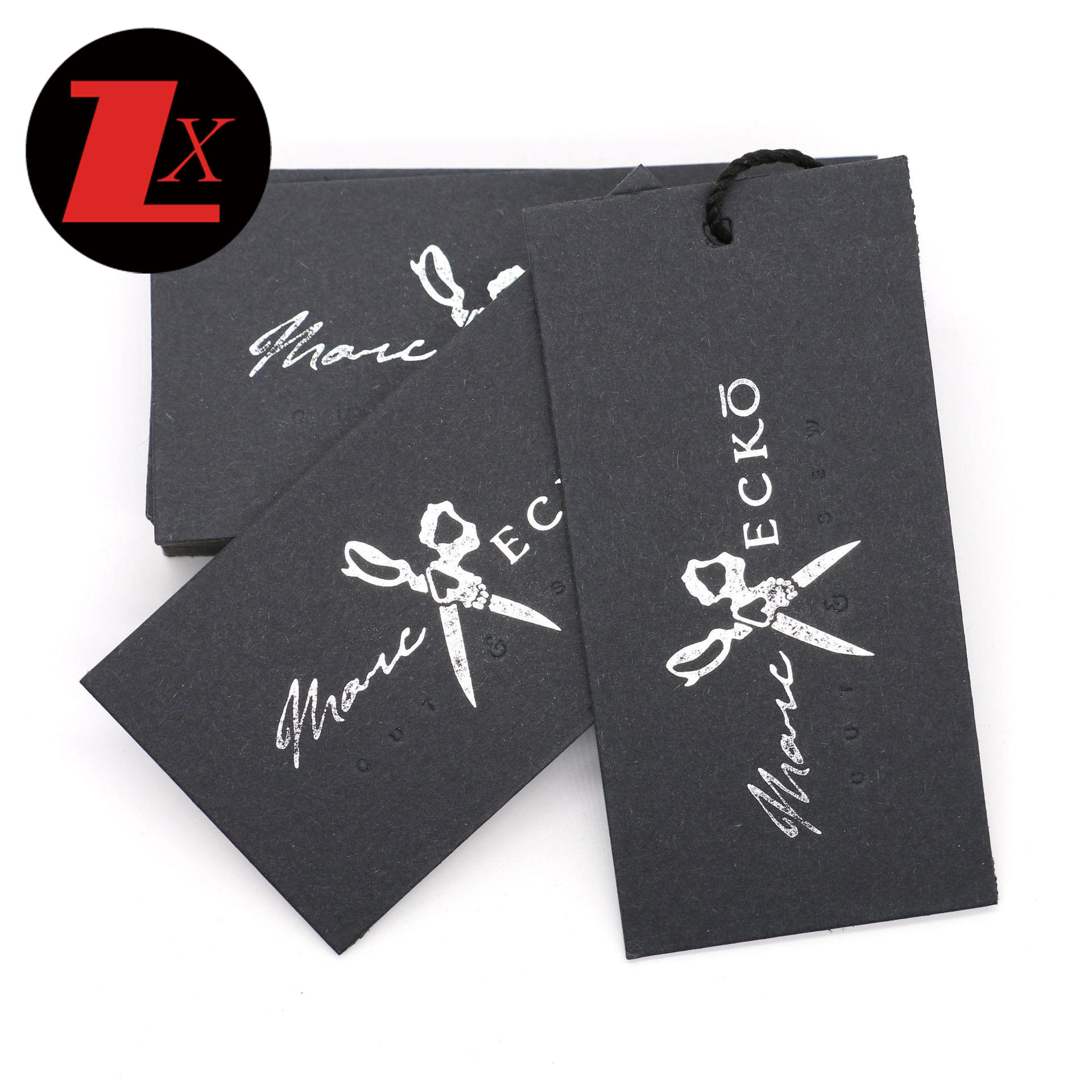
Understanding the Importance of Label Sizes

When it comes to labeling, finding the perfect label size is crucial. Labels serve various purposes, such as organizing items, providing instructions, or displaying essential information. Therefore, determining the suitable label size for your specific needs is essential for optimum functionality and aesthetic appeal.
The Factors to Consider
When deciding on a label size, several factors should be taken into account:
1. Readability:
The label should be large enough for the text to be easily readable. Consider the font size, style, and the distance from which the label will be viewed. A smaller label may require a more concise and condensed text to maintain readability, while a larger label allows for more extensive information.
2. Available Space:
The size of the object or product you are labeling must be considered. If you have limited space, smaller labels may be necessary. However, if there is ample space available, utilizing larger labels can make a more significant impact and allow for more detailed information or design.
3. Functionality:
Determine the purpose of your label. If it needs to be easily visible from a distance or quickly identifiable, a larger label may be more appropriate. On the other hand, if the label is intended to provide detailed instructions or information, a smaller label may suffice.
Common Label Sizes and Their Uses
While there is no definitive answer to what constitutes a good label size, several popular label sizes are commonly used across different industries:
1. 1" x 2 5/8" (30 labels per sheet):
This size is commonly used for address labels, barcodes, or product labels that require a small amount of information. It is widely compatible with label templates and can be easily printed.
2. 2" x 4" (10 labels per sheet):
These labels are often used for labeling various products, organizing items, or displaying essential information such as ingredients or usage instructions. They provide more space for text and can accommodate logos or designs.
3. 4" x 6" (4 labels per sheet):
Larger labels like these are ideal for shipping labels, signage, or labeling large objects. They offer ample space for comprehensive information and can be easily spotted from a distance.
Choosing the right label size is crucial to ensure readability, functionality, and aesthetic appeal for your specific needs. Consider the readability of the text, available space, and the intended purpose of the label. By carefully assessing these factors and understanding the common label sizes and their uses, you can confidently select the ideal label size for your requirements.
label labels size information more space easily labeling may text
